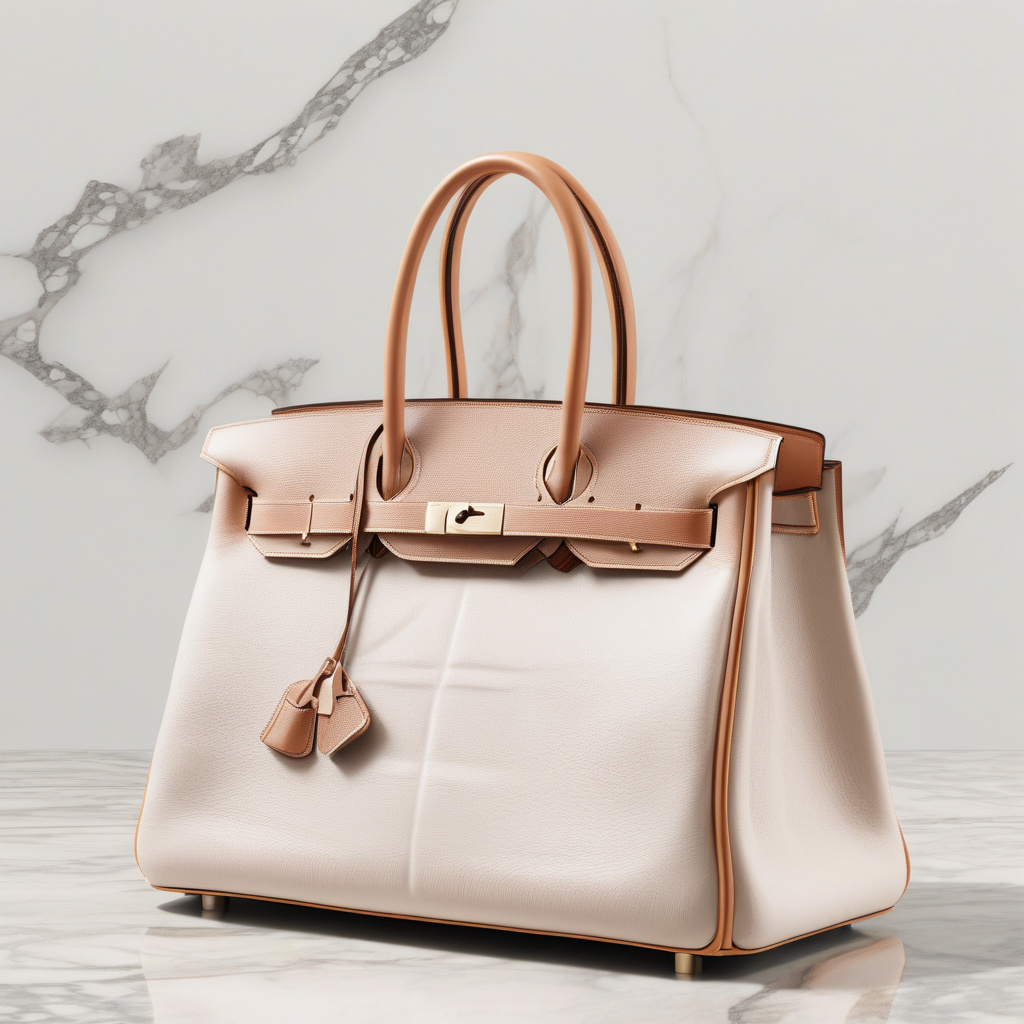Hermès Responds to ‘Walmart Birkin’, Dupe Culture
The luxury fashion industry has long battled the issue of counterfeits and knock-offs, with high-end brands like Hermès often finding themselves at the forefront of this challenge. Recently, the iconic French fashion house faced a new wave of controversy with the emergence of the so-called ‘Walmart Birkin’, a budget-friendly dupe of its coveted Birkin handbag. In response to this, CEO Axel Dumas made a statement condemning fakes as “detestable”, shedding light on the complexities of the replica market.
For decades, Hermès has maintained a reputation for exclusivity, craftsmanship, and timeless elegance. The Birkin bag, named after actress and singer Jane Birkin, is one of the brand’s most recognizable and sought-after creations, with prices ranging from tens of thousands to hundreds of thousands of dollars. However, the allure of owning a piece of luxury at a fraction of the cost has led to the proliferation of counterfeit goods, including the controversial ‘Walmart Birkin’.
While some argue that dupes and knock-offs make high-end fashion more accessible to a wider audience, others view them as a threat to the integrity and value of authentic luxury goods. In the case of Hermès, the brand has taken a firm stance against replicas, emphasizing the significance of originality, quality, and heritage in its products. CEO Axel Dumas’ denouncement of fakes reaffirms the company’s commitment to preserving its legacy and upholding the standards that have defined it for generations.
Despite Hermès’ strong anti-counterfeit stance, the issue of dupe culture remains a complex and multifaceted one. The rise of fast fashion and e-commerce platforms has made it easier for copycats to replicate high-end designs quickly and at a fraction of the cost. This poses a significant challenge for luxury brands seeking to protect their intellectual property and brand reputation in an increasingly digital and global marketplace.
Moreover, the legal and ethical implications of dupe culture are often murky, with questions surrounding intellectual property rights, consumer awareness, and the enforcement of anti-counterfeiting measures. While some argue that replicas dilute the exclusivity of luxury brands, others contend that they serve as a form of homage or tribute to iconic designs, sparking conversations about creativity, inspiration, and the democratization of fashion.
In navigating the complexities of dupe culture, Hermès faces the delicate task of balancing its commitment to authenticity and innovation with the evolving demands and expectations of modern consumers. As the fashion industry continues to grapple with issues of sustainability, ethics, and transparency, the debate over replicas and knock-offs serves as a poignant reminder of the challenges and opportunities inherent in an ever-changing market landscape.
In conclusion, Hermès’ response to the ‘Walmart Birkin’ and the broader dupe culture phenomenon underscores the brand’s unwavering dedication to craftsmanship, originality, and luxury. By condemning fakes while acknowledging the grey area surrounding copycat products, CEO Axel Dumas reaffirms Hermès’ position as a global leader in the fight against counterfeit goods and a guardian of the values that have defined the brand for over a century.
luxury, fashion, authenticity, Hermès, dupe culture












